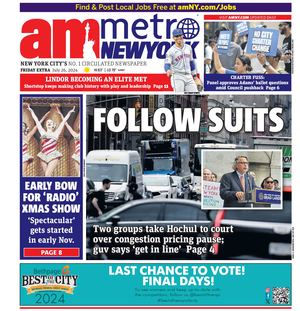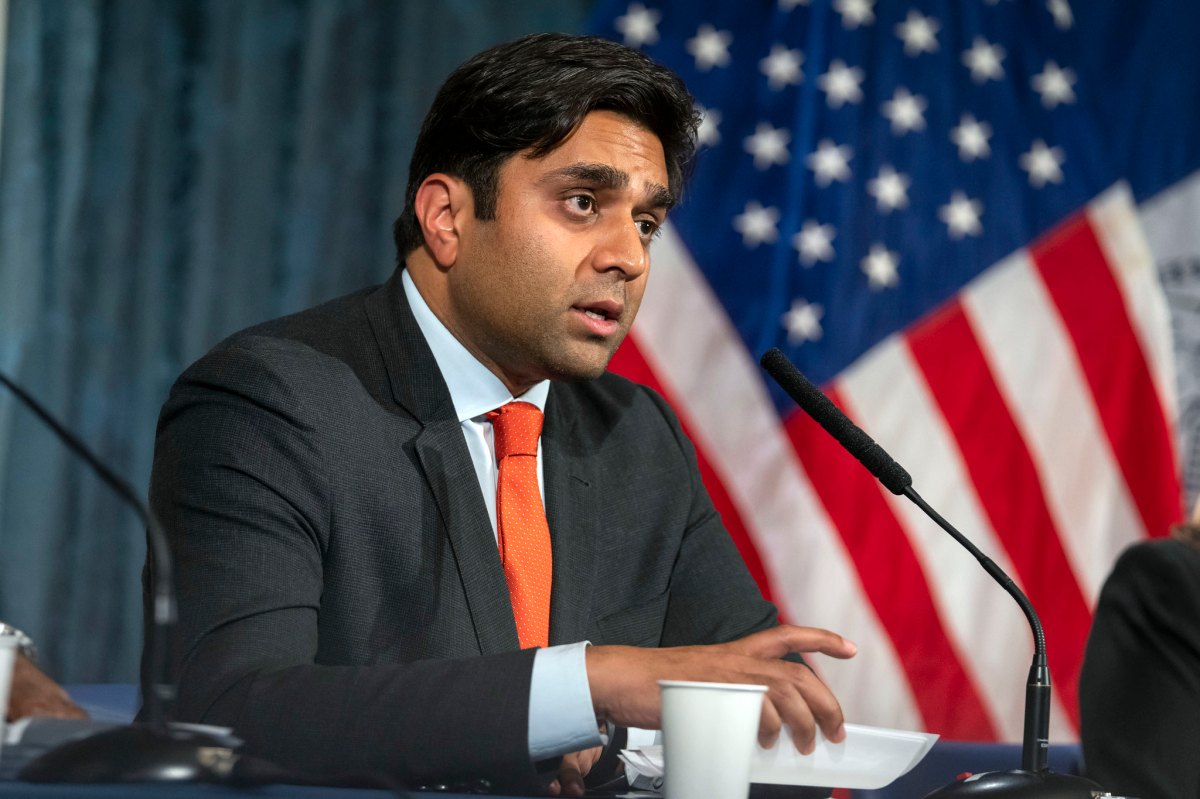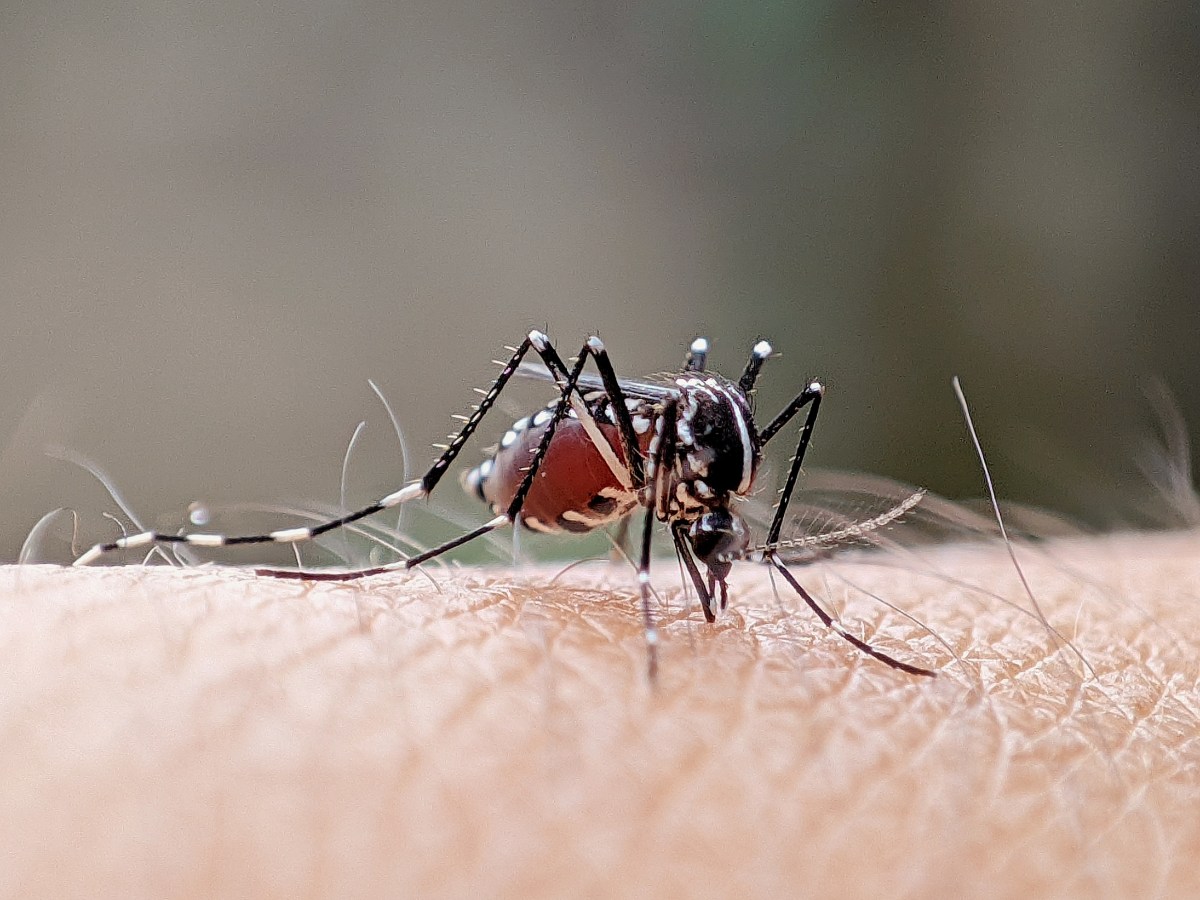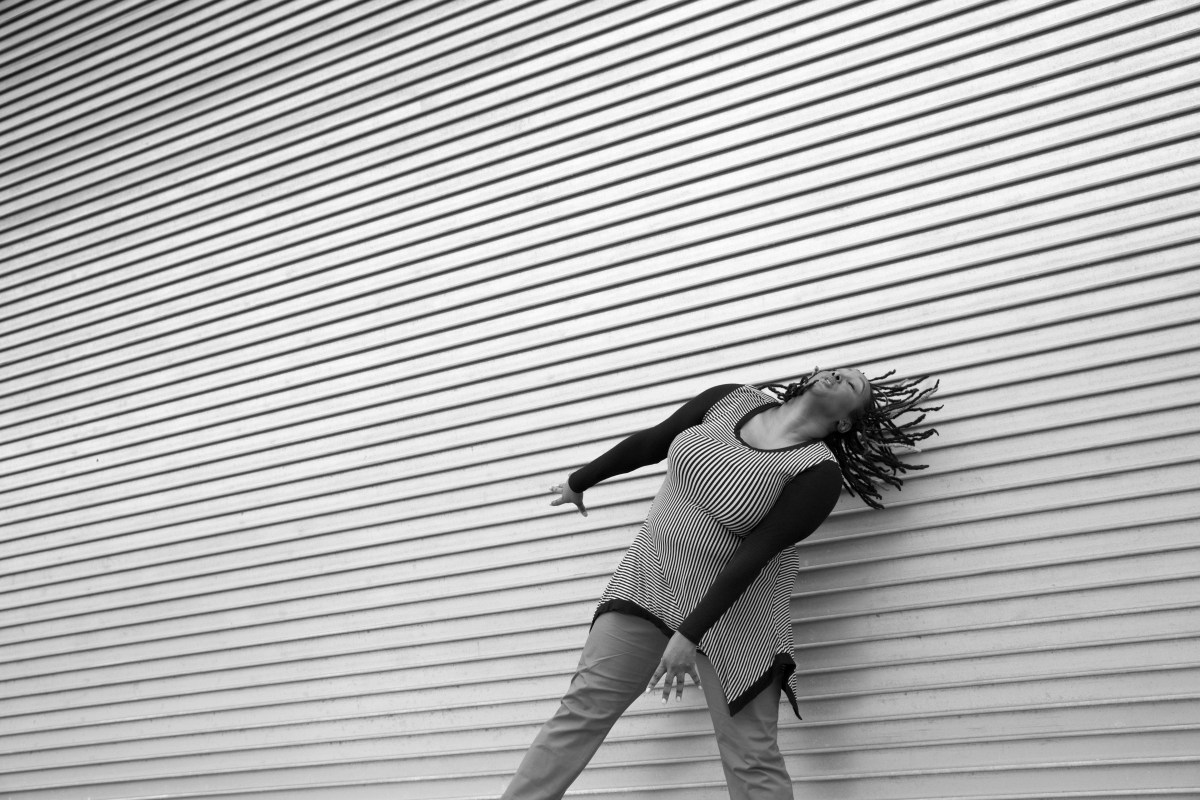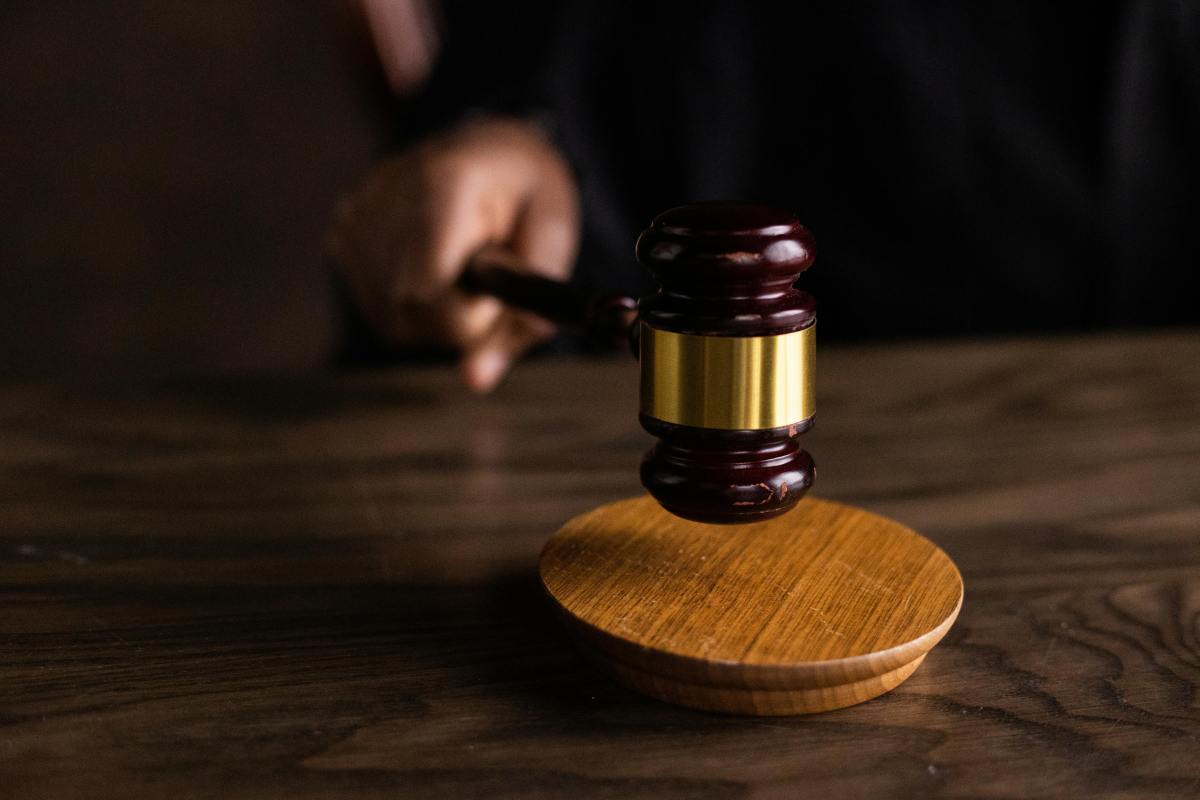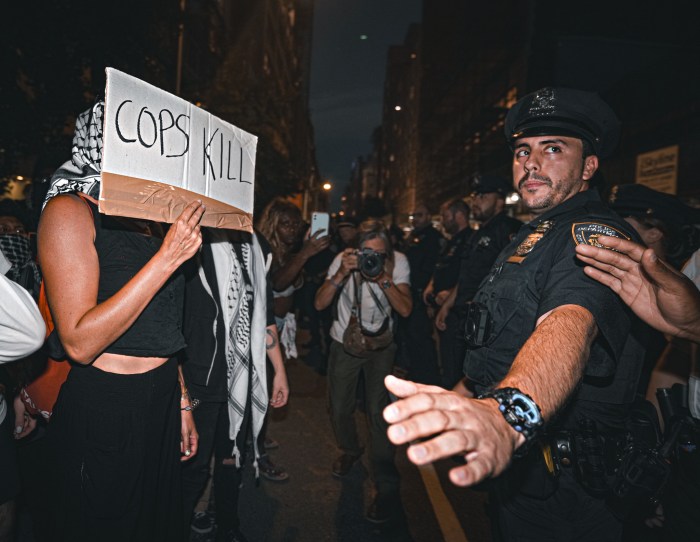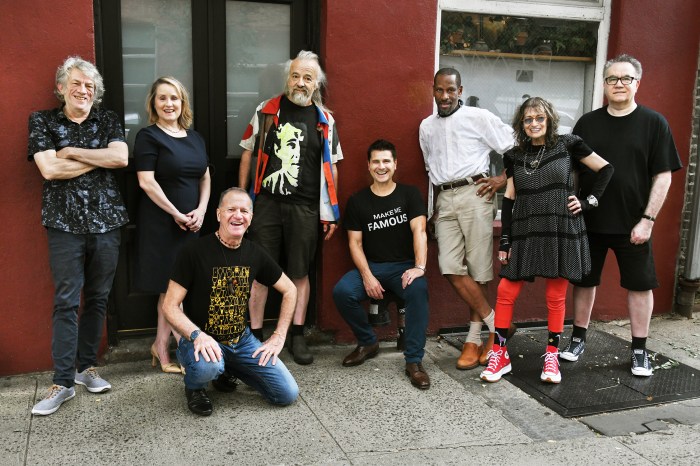By Michael Mandelkern
Downtown bars attract tourists and locals that howl as loud as wolves well past midnight, but the New York State Legislature is trying to help residents near the nightspots get a more peaceful night’s sleep by encouraging bars to keep the “wolves” at bay.
The state Senate passed a bill on June 24 that sets guidelines for the State Liquor Authority to revoke the licenses of routinely raucous bars and clubs.
If Governor David Paterson signs the bill — co-sponsored by state Senator Daniel Squadron and Assemblymember Robin Schimminger — into law, the S.L.A. could shut down nightspots if police are called at least six times within two months for excessive noise and disorderly conduct.
Squadron, a Democrat who represents Lower Manhattan and parts of Brooklyn, has been striving for solutions to the issue since being elected.
“Right now it’s very, very difficult to distinguish between places that are and aren’t a problem,” he said. “It’s even more difficult to do something about it.”
The S.L.A. could still revoke licenses for fewer than six serious incidents in 60 days, and the bars could still operate with more than six less-severe complaints.
And nightlife operators no longer would have to be directly culpable for infractions in order for a police referral to the S.L.A. to put a mark on their record.
“We think it’s really good legislation,” said Bill Crowley, an S.L.A. spokesperson.
Currently, police must refer complaints to the S.L.A. in order for a nightspot to be fined, to have its license revoked or to incur other penalties. But police are only required to report serious offenses, such as gambling, prostitution and violent crimes.
Again, currently, a nightspot could face sanctions for rowdy behavior that spills outside if the owner didn’t provide enough security or notify the authorities in time. But the S.L.A. is not required to revoke licenses or take all incident reports in earnest.
“It’s crazy to get into the technicalities. This bill creates a clear standard,” said Squadron.
The state senator believes unruly bars, particularly those in the Lower East Side part of his district, “make the community nearly impossible to live in. Too often the community voice is drowned out,” he said.
Squadron has heard numerous complaints from his constituents about licensed premises, and hopes the Police Department would have more incentive to communicate with the S.L.A. if the bill becomes law.
“We do have to rely on the discretion of the police,” said Crowley.
But Karen Stamm, a public member of the Tribeca Committee of Community Board 1 — which covers Lower Manhattan — thinks more than just the police should be involved. She feels community boards, government agencies and residents must also take a central role in referring complaints to the S.L.A.
“It doesn’t go nearly far enough,” she said of the legislation. “I would have preferred 90 days instead of two months. I hope it’s not just being done for appearance’s sake. The S.L.A. doesn’t really react with a stiffened spine.”
Stamm, who lives on Lower Broadway, criticized the Police Department’s response to shootings outside of Peppers, a Tribeca nightclub that was shut down in June 2008. She emphasized that the gunfire, which she heard from her apartment, didn’t close the club down.
“The police had all types of excuses about why they didn’t turn the information over,” she said. Based on the Peppers incident, she said she doesn’t see the police taking complaints of loud noise seriously. She also named Tribeca’s Club Remix and Sazon, a bar/restaurant, as problematic.
Some Republicans in the state Senate have different concerns. They believe the proposed measure could encourage competing businesses and nearby residents to call the police out of spite and penalize establishments for minor infractions. Other Republicans believe the bill gives too much power to the S.L.A.
Squadron debated the legislation with his colleagues on the Senate floor for about one-and-a-half hours.
Stamm called the proliferation of nightspots along with the influx of families into Lower Manhattan “oil and water.” Stamm, who has lived in Tribeca since 1987, has witnessed the expansion of entertainment establishments as well as residential development over those two-plus decades.
C.B. 1’s Tribeca Committee regularly reviews nightlife operators’ liquor license applications in an effort to ensure that these establishments will be beneficial to the neighborhood.
“It’s a matter of how you perceive the density of what’s ‘a lot,’” Stamm said.
However, Susan Stetzer, district manager of Community Board 3 — which covers the East Village and Lower East Side — was doubtful that many places would have enough bad incidents to fall within the new S.L.A. standard.
“There are some bars [in the Lower East Side] that have constant problems, but I think it would be extremely unusual [to have six incidents in 60 days],” she said. “There are very few bars that would reach this level.
“Singling out a place just on complaints would not be fair,” she added, noting that the bill’s intent is that police must find a genuine problem or violation. Stetzer said some are wrongly claiming that the bill would cause bars to be closed down merely based on neighbors’ complaints.
Squadron co-sponsored a bill in March, currently pending in the Assembly, that would require the S.L.A. to listen to community board concerns when an owner applies for a liquor license for an establishment within 500 feet of the property line of at least three other locations.
